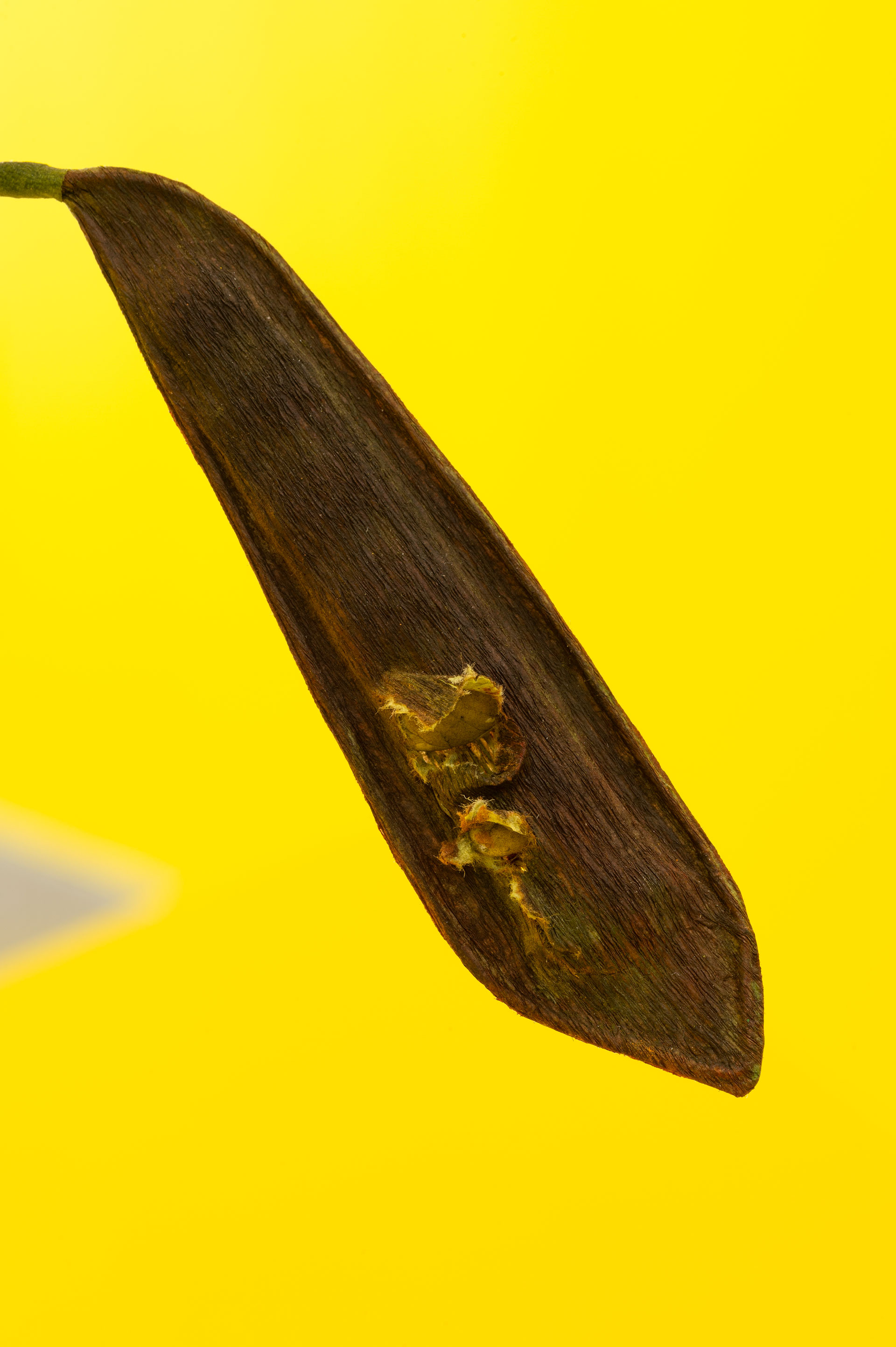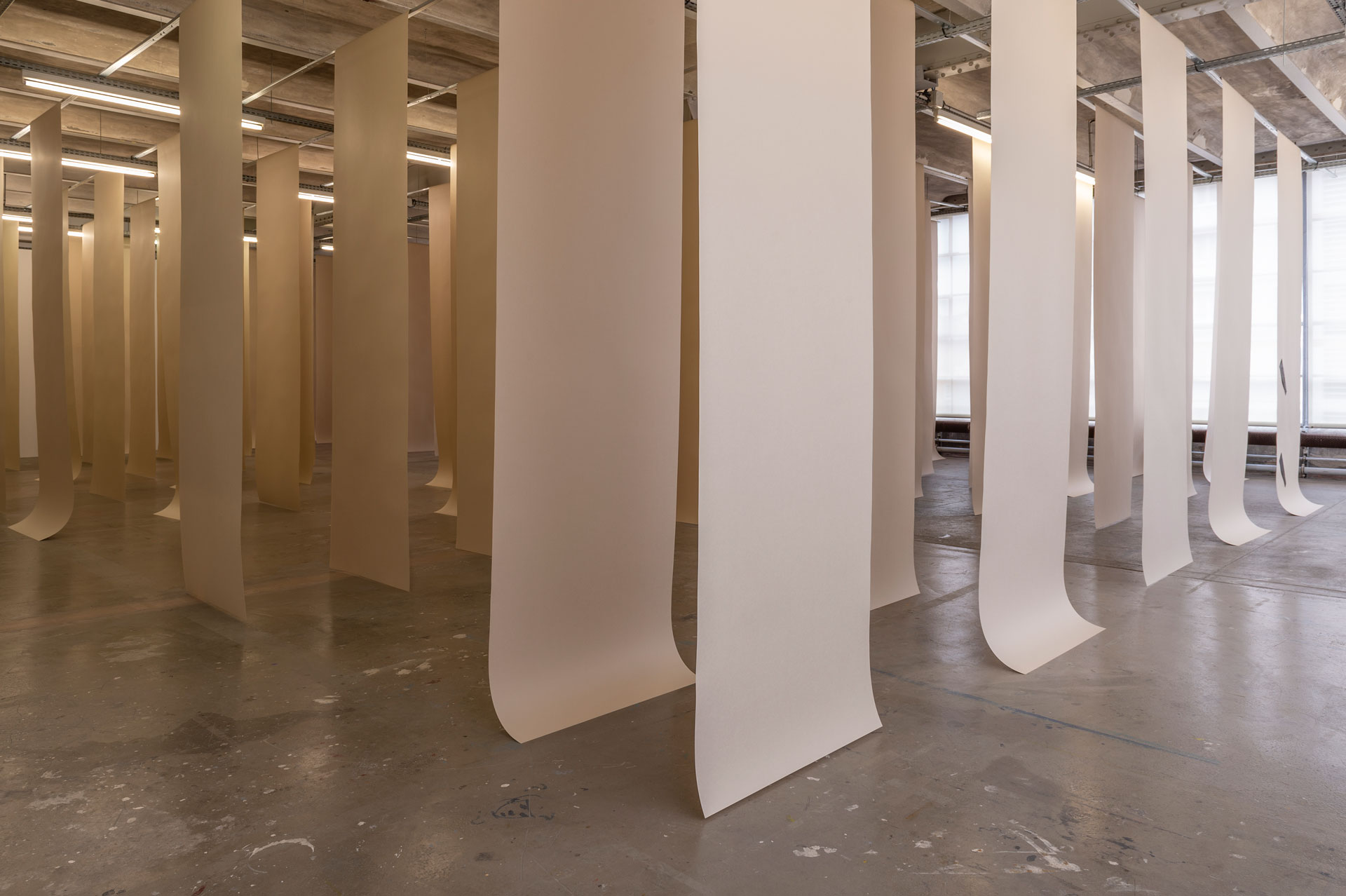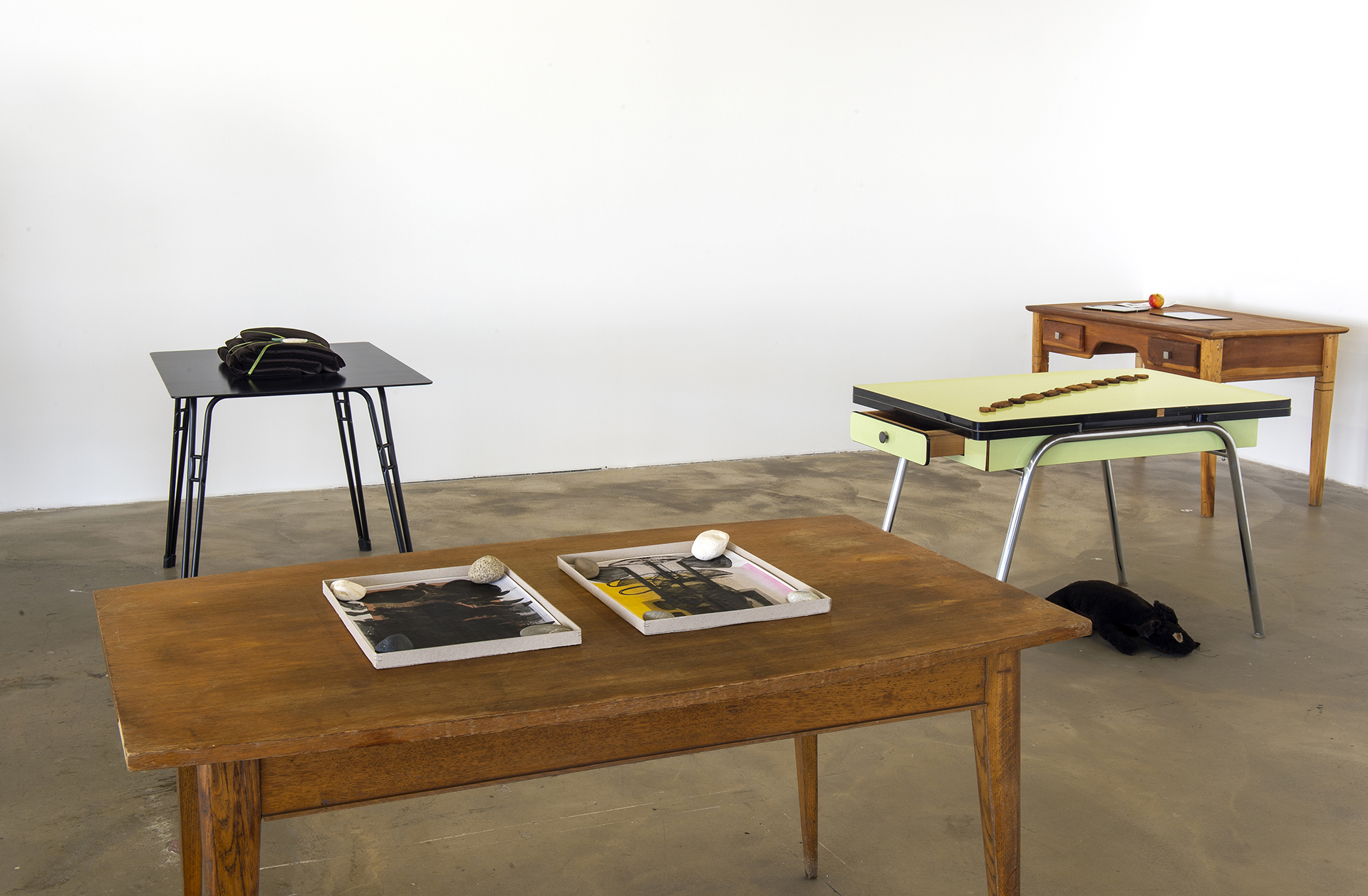Table ronde nº2
Marcos Ávila Forero and Malcom Ferdinand

Le Marron Inconnu, detail, statue at Port au Prince. Photo : Amy Nelson, 2009

In the context of Kapwani Kiwanga’s solo exhibition, Cima Cima, le Crédac is organizing a series of round tables from April to June 2021.
Table ronde nº2 : “How do histories of domination, especially colonial ones, or imperialism, influence questions of ecology and economy?”
For this TABLE RONDE nº2 we have invited Marcos Ávila Forero and Malcolm Ferdinand.
Marcos Ávila Forero is a French-Colombian artist. He exhibited among others at the Crédac during the exhibition tout le monde in 2015, and during the recent exhibition, La vie des tables in 2020. He is the winner of the Prix Ricard in 2019. Marcos Ávila Forero is the author of the documentary La Luz de las Balas, la Obscuridad del Olvido about the armed conflict in Colombia with Léo Raymond.
As vice-president of the association Ciudadanías pour la Paz, he participates in this second roundtable. Ciudadanías por la Paz is an initiative of Colombians living abroad, in favor of the peace process in Colombia and working directly in collaboration with the peasant populations living in the conflict zones in this sense.
Malcolm Ferdinand is a philosopher, has a doctorate in political science from the University of Paris Diderot and is a researcher at the CNRS. He is the author of Une écologie décoloniale: penser l'écologie depuis le monde caribéen published in 2019 by Seuil, having received the Prix de la fondation de l’écologie politique. In it, he describes, among other things, how colonization and the imposition of the imperialist model in the world are directly related to social and racial inequalities and the environmental crisis.
Kapwani Kiwanga, also present at this roundtable, is a French-Canadian artist-researcher. Her work is interested in the narratives of power asymmetry, and in highlighting the sometimes unexpected witnesses of these stories.
Listen on Anchor, Spotify, iTunes, and down on this page.
BIBLIOGRAPHY:
- Marcos Ávila Forero and Léo Raymond, La lumière des balles, l'obscurité de l'oubli (documentaire), 2019
- Elsa Dorlin, La Matrice de la race : généalogie sexuelle et coloniale de la nation, Paris, La Découverte, 2009
Malcom - Ferdinand, Une écologie décoloniale : penser l'écologie depuis le monde caribéen, ed. Seuil 2019 - Richard Grove, Green Imperialism. Colonial Expansion, Tropical Island Edens and the Origins of Environnementalism, 1600-1800, Cambridge, Cambridge University Press, 1996
- Serge Latouche, L’Occidentalisation du monde : essai sur la signification, la portée et les limites de l’uniformisation planétaire, Paris, La Découverte, 2005
- Consuelo Lopez Springfield, Daughters of Caliban : Caribbean Women in the Twentieth Century, Londres, Indiana University Press, 2001
- Grettel Navas, Sara Mingorria & Bernardo Aguilar-González, Violence in environmental conflicts: the need for a multidimensional approach, Sustain Sci 13, 649–660, 2018
- Henry Paget, Caliban’s Reason: Introducing Afro-Caribbean Philosophy, Londres, Taylor and Francis, 2002
- Richard Price, Peuple Saramaka contre État du Suriname : combat pour la forêt et les droits de l’homme, Paris, Karthala, 2012
- Aníbal Quijano, Ensayos en torno a colonialidad del poder, ed. Del Signo, 2019
- Kathryn Yusoff, A million Black Anthropocene or None, Minneapolis, University of Minnesota Press, 2018
- EJAtlas - Global Atlas of Environmental Justice
Sound(s)
Kapwani Kiwanga | Table Ronde n°2 avec Marcos Ávila Forero et Malcom Ferdinand : Comment le colonialisme ou l’impérialisme influencent-ils des questions d’écologie et d’économie ?





